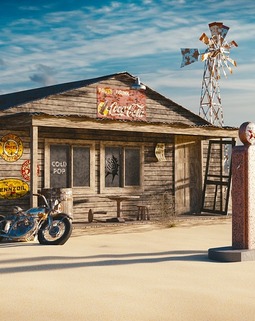When it comes to the fuel system, as long as you use excellent gasoline from a trustworthy supplier in Zimbabwe, you shouldn't have to do any maintenance on it yourself. Having said that, there are several critical components of your fuel system that may require service as your vehicle matures. Following are the things you should know about your car’s fuel system maintenance.
1. Deep cleaning
It requires removing fuel injections physically. After replacing the injectors and installing a new fuel filter, you should notice improved fuel efficiency and overall performance. While this repair is normally reserved for automobiles with high mileage, employ a specialist to evaluate your vehicle if you notice a slow throttle response.
2. Cleaning of the Fuel system
A proven fuel cleanser is essential for your fuel system. Even on newer, more advanced automobiles, this is probably unnecessary. However, in high-mileage or seldom-driven automobiles, carbon deposits can accumulate inside the engine, intake valves, and fuel injectors, causing the engine to function badly. A good fuel system cleaning might be part of a solution to keep your high-mileage engine operating smoothly.
3. Additives for the Fuel System
Don't follow instructions that promise; you can just pour them into the gas tank or mix them into the gasoline to improve performance or economy. If the claim appears too good to be true, it most often is. Unfortunately, it isn't much you can do to improve your car's performance by adding more petrol to the tank.
4. Don’t go for a premium fuel unless it is mandatory.
Unless the engine requires it, there's no need to spend money on a tank of premium fuel above standard unleaded. Higher octane fuels are more stable in high-performance, high-compression engines, preventing combustion until the last second for optimum efficiency and horsepower. However, compression ratios in a normal passenger automobile engine aren't high enough to necessitate anything other than standard unleaded.
5. Begin with the Proper Gas
Make sure that you do not use diesel fuel in a vehicle that requires ordinary gasoline. Diesel pump nozzles are often too large to fit into the filler neck of a gas-powered vehicle, but a gas nozzle will fit well into a diesel vehicle. Regardless of which gasoline your engine loves, running the wrong one will badly harm the fuel system. So, if you operate a diesel vehicle, be very cautious not to fill up with a standard 87 octane.



